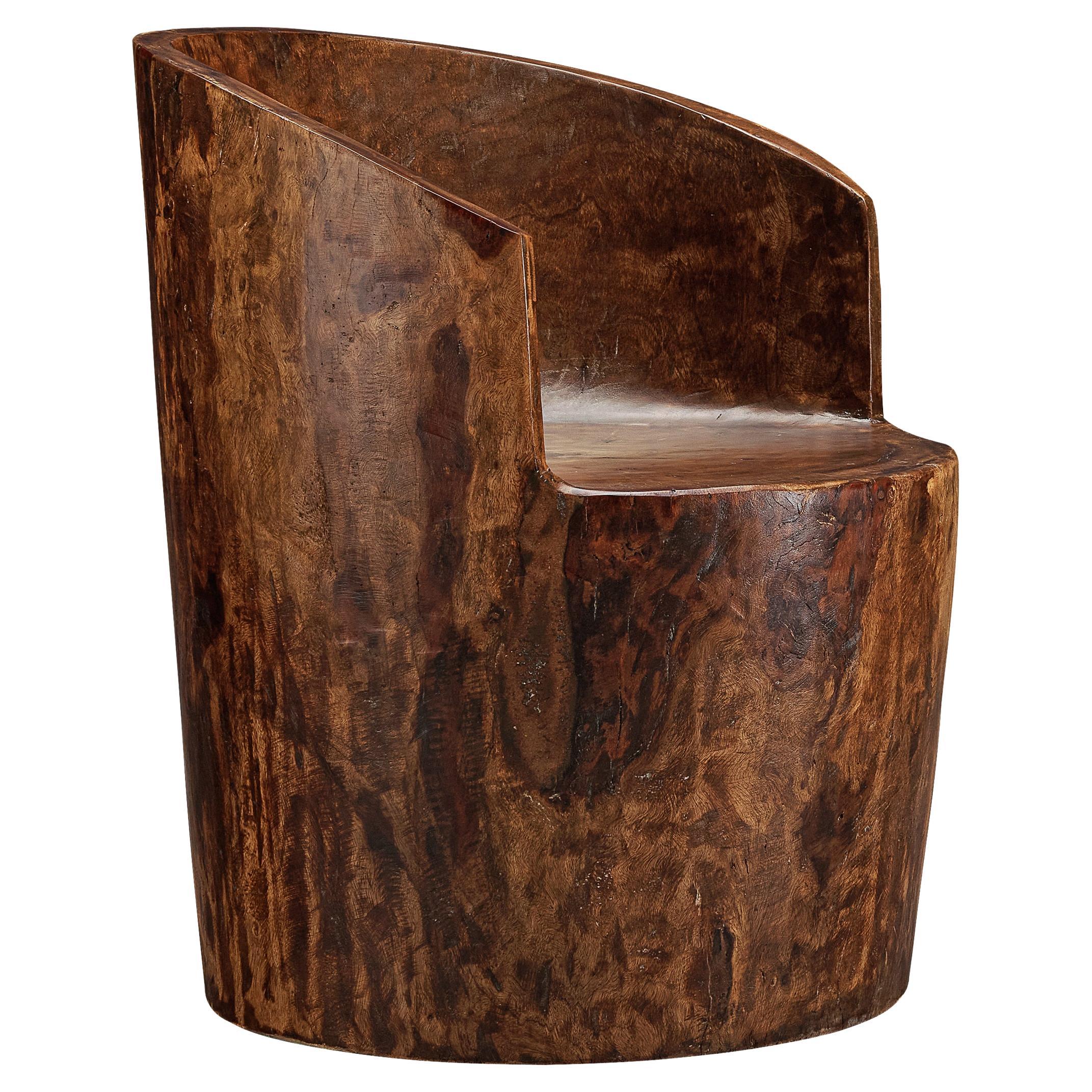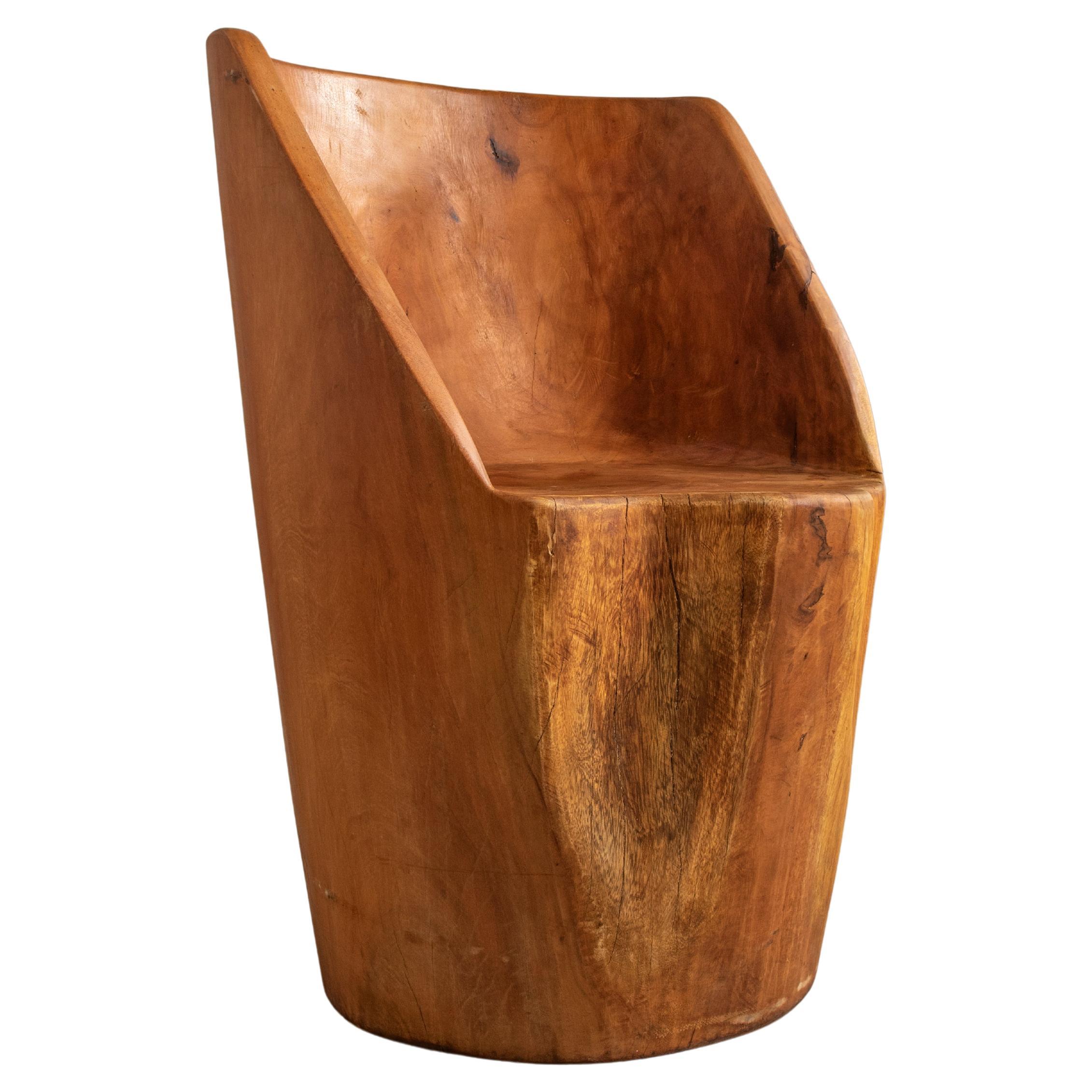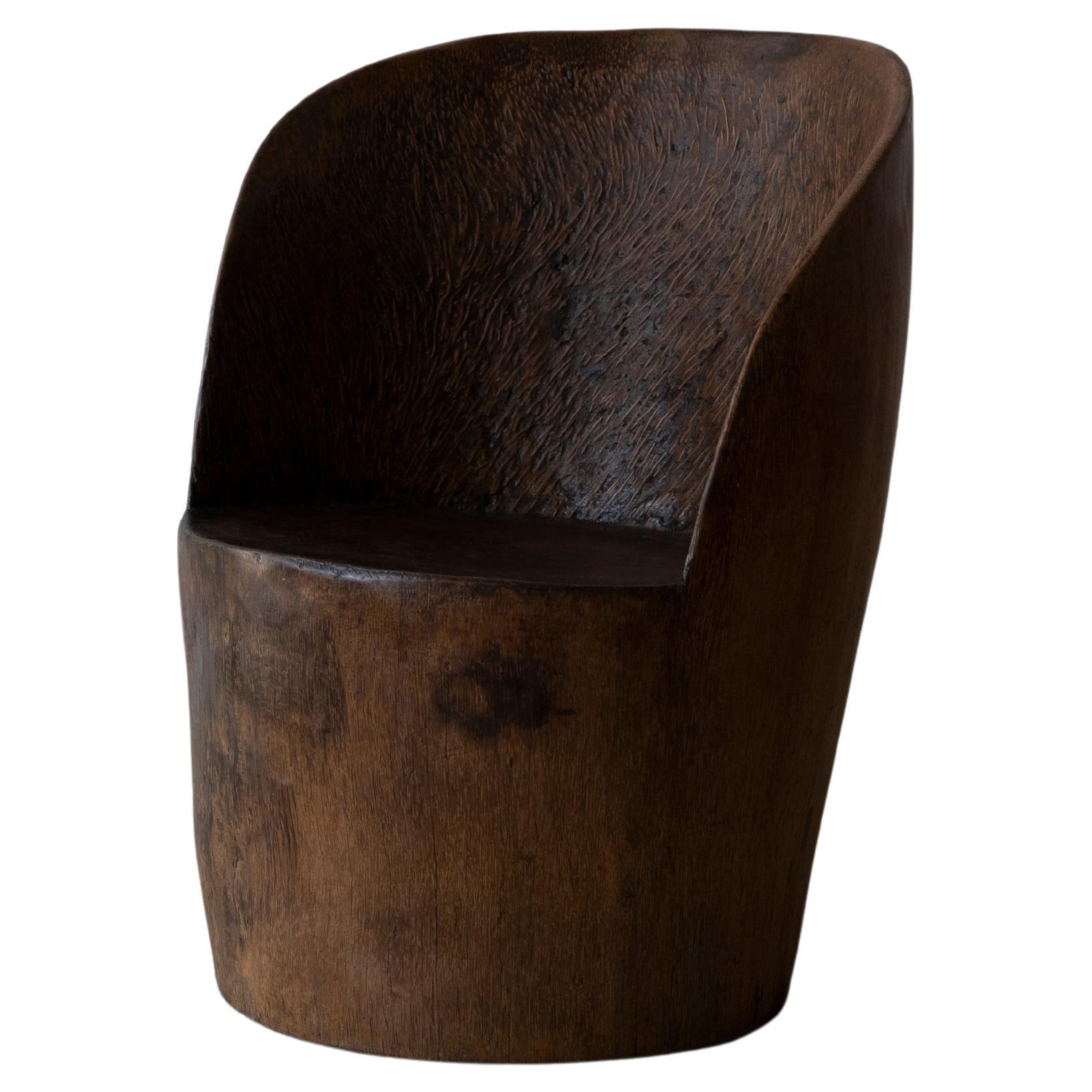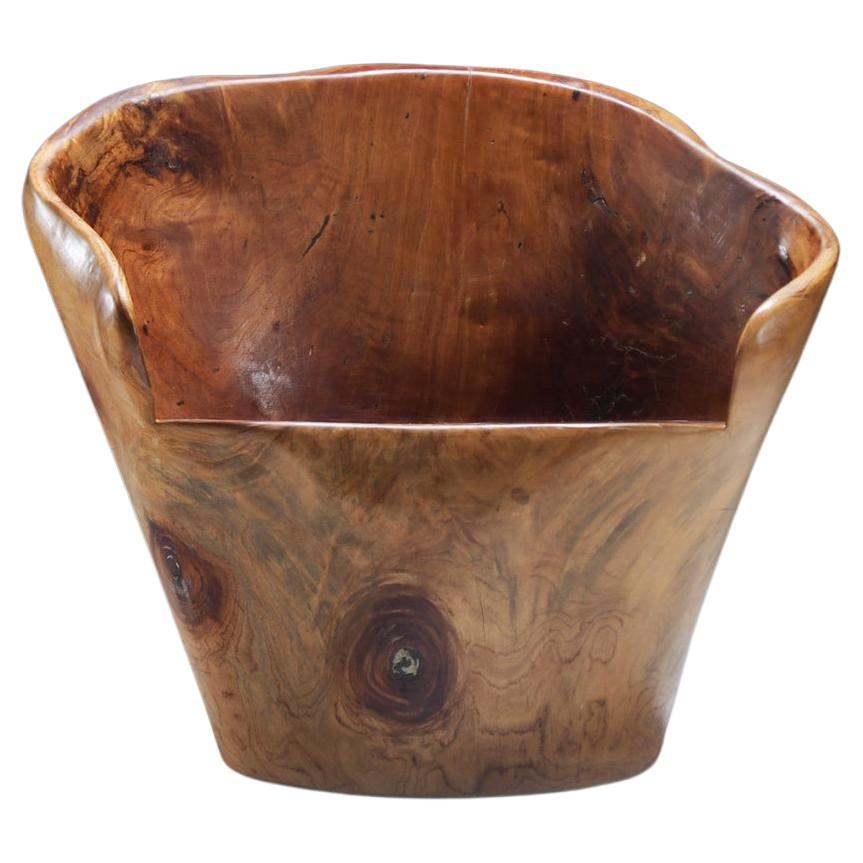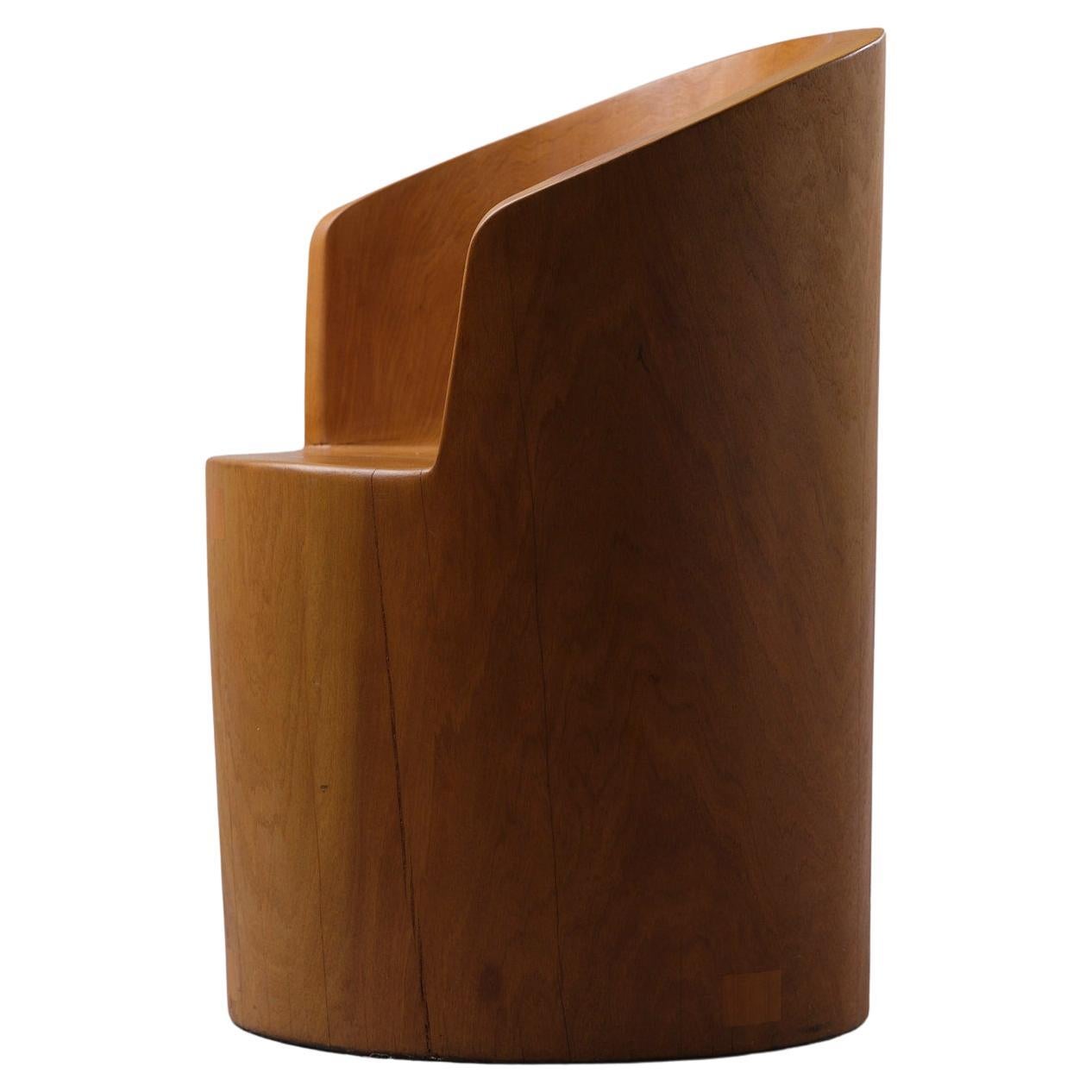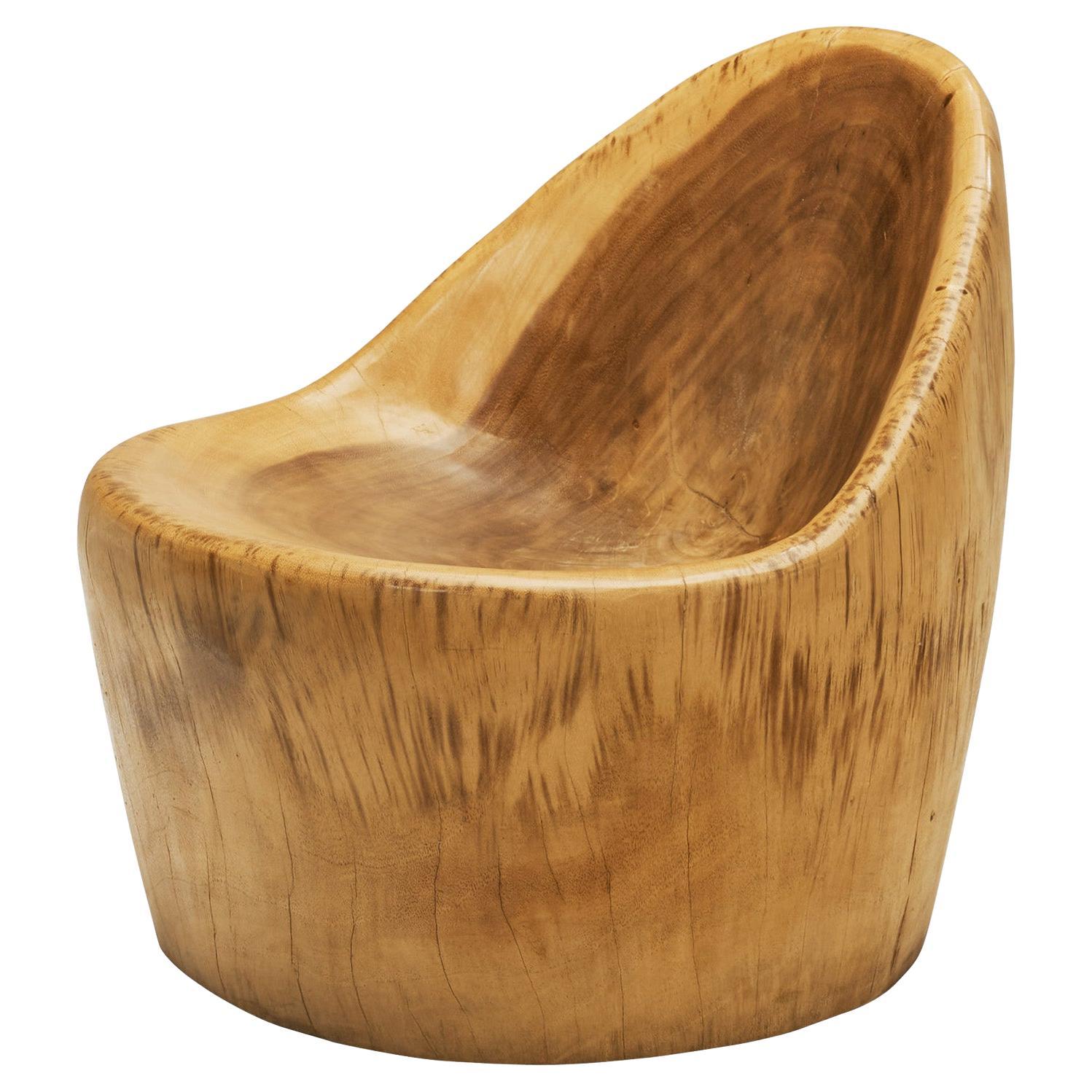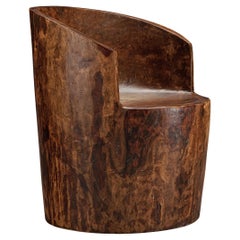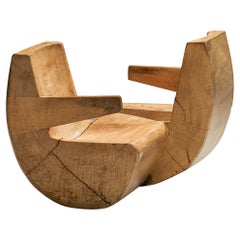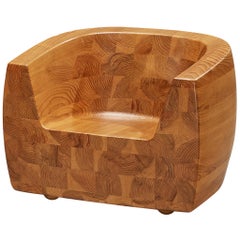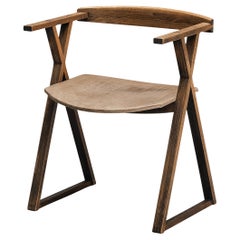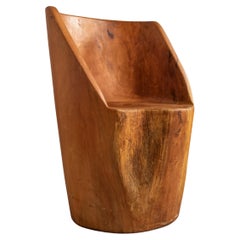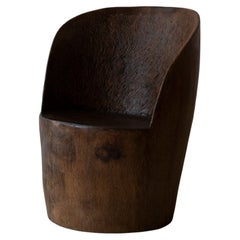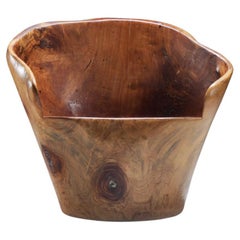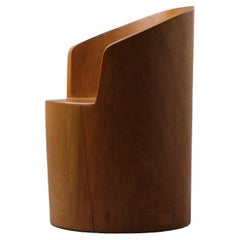José Zanine Caldas Hand-Carved ‘Pilão’ Chair in Brazilian Hardwood
About the Item
- Creator:José Zanine Caldas (Designer)
- Dimensions:Height: 31.5 in (80 cm)Width: 27.56 in (70 cm)Depth: 26.78 in (68 cm)Seat Height: 18.51 in (47 cm)
- Style:Mid-Century Modern (Of the Period)
- Materials and Techniques:
- Place of Origin:
- Period:
- Date of Manufacture:1975
- Condition:Wear consistent with age and use. Every item Morentz offers is checked by our team of 30 craftspeople in our in-house workshop. Special restoration or reupholstery requests can be done. Check ‘About the item’ or ask our design specialists for detailed information on the condition.
- Seller Location:Waalwijk, NL
- Reference Number:Seller: 501152221stDibs: LU933146286322
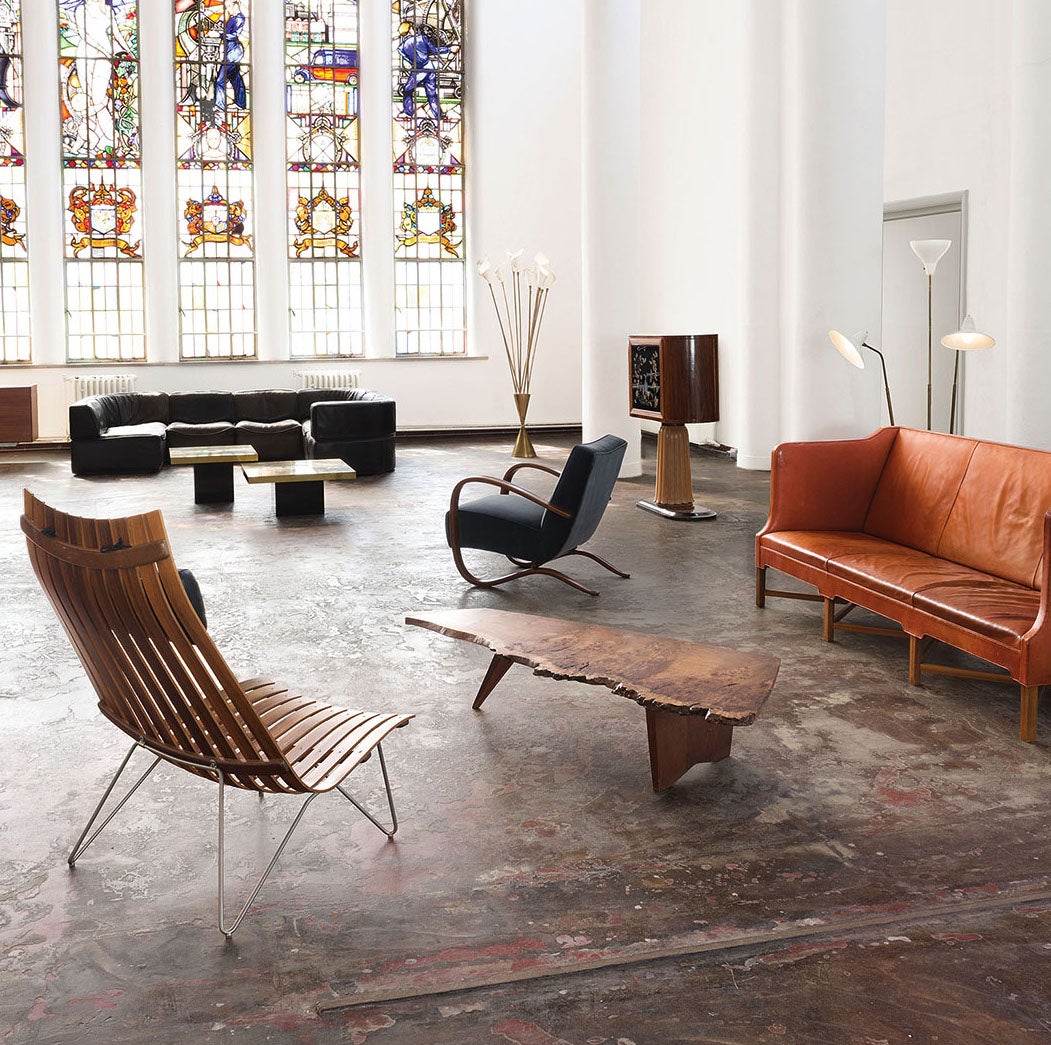
Established in 2006, Morentz has a team of approximately 55 restorers, upholsterers, interior advisers and art historians, making it a gallery, workshop and upholstery studio, all in one. Every day, a carefully selected array of 20th-century furniture arrives from all over the world at the firm’s warehouse, where the team thoroughly examines each piece to determine what, if any, work needs to be done. Whether that means new upholstery or a complete restoration, Morentz's aim is always to honor the designer’s intention while fulfilling the wishes of the client. The team is up to any challenge, from restoring a single piece to its original glory to furnishing a large-scale hotel project.
- ShippingRetrieving quote...Shipping from: Waalwijk, Netherlands
- Return Policy
More From This Seller
View AllVintage 1970s Brazilian Post-Modern Chairs
Hardwood
Vintage 1980s Brazilian Mid-Century Modern Lounge Chairs
Hardwood
Vintage 1960s Unknown Mid-Century Modern Lounge Chairs
Cedar
Vintage 1960s European Armchairs
Leather, Ash
Vintage 1940s Mexican Mid-Century Modern Lounge Chairs
Leather, Cypress
Vintage 1970s Italian Mid-Century Modern Lounge Chairs
Rope, Elm
You May Also Like
Mid-20th Century Brazilian Mid-Century Modern Chairs
Hardwood
Vintage 1970s Brazilian Chairs
Wood
Mid-20th Century Brazilian Mid-Century Modern Lounge Chairs
Cedar
1990s Brazilian Armchairs
Hardwood
Mid-20th Century European Mid-Century Modern Chairs
Coconut
21st Century and Contemporary Indonesian Organic Modern Lounge Chairs
Wood
